Keywords: Religion
There are more than 24 results, only the first 24 are displayed here.
Become a subscriber for more search results.
-

AUSTRALIA
- Cherie Gilmour
- 09 May 2025
As young men gravitate toward the manosphere, driven by alienation and grievance, society too often responds with silence or scorn. But if we don’t want boys shaped by bitterness and bravado, we must ask: what kind of men do we hope they’ll become, and who is offering them a path to get there?
READ MORE 
-
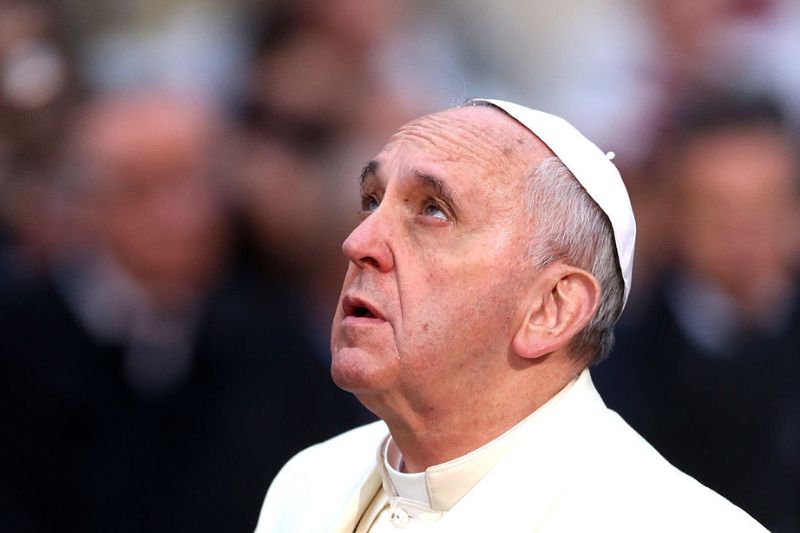
RELIGION
- Michael McVeigh
- 30 April 2025
Pope Francis’ pontificate was marked not by triumph but by a humble reckoning with failure. In a Church marked by scandal, division, and decline, he didn’t reverse the tide but pointed to another measure of faithfulness: mercy over mastery, presence over power, and the courage to fail, not downward, but upward.
READ MORE
-
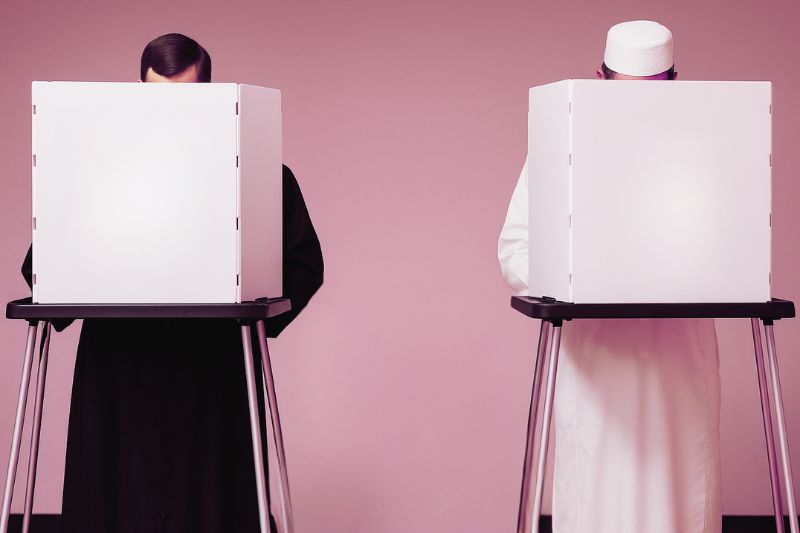
RELIGION
- John Warhurst
- 30 April 2025
Faith, once a quiet undercurrent in Australian elections, is now entangled in questions of ethnic identity, foreign policy and cultural grievance. Religion has returned to the centre of political life, only to find itself more divided, and more contested, than ever before.
READ MORE
-

RELIGION
- Andrew Hamilton
- 16 April 2025
In the lead up to Easter, the story of a man welcomed with palms and crucified days later takes on renewed urgency. In an age of closed borders and hardened politics, the Easter message casts a sharp light on how we treat the stranger, the exile, and the dispossessed.
READ MORE
-
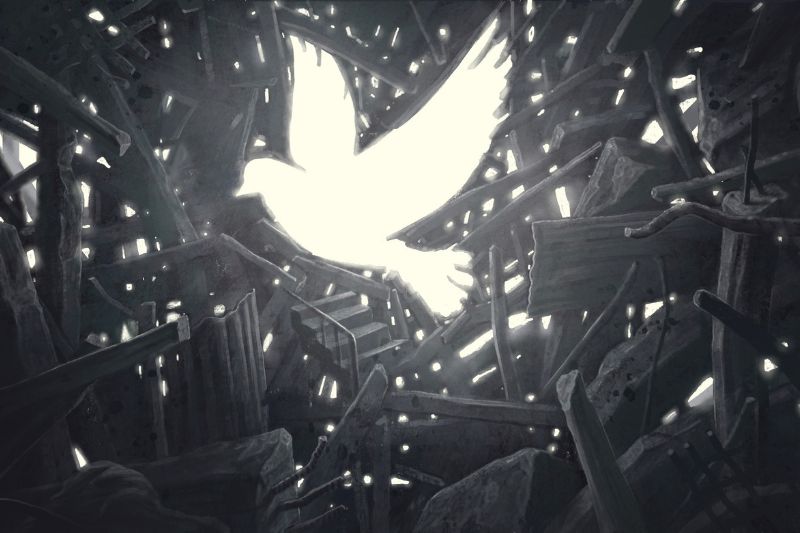
RELIGION
- Danielle Terceiro
- 16 April 2025
Even in a world marked by war, exile and devastation, the Easter story offers a defiant hope: that ruin is not the end. Rooted in a vision of restoration beyond history’s violence, it speaks to a yearning deeper than despair — for justice, for peace, for a feast with no end.
READ MORE
-
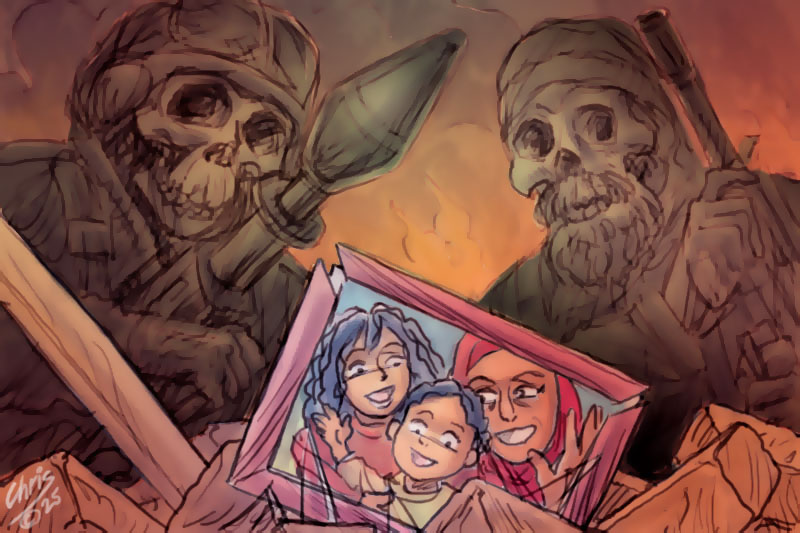
INTERNATIONAL
- Andrew Hamilton
- 10 April 2025
What makes a war just? Can any goal justify the deaths of tens of thousands, the bombing of hospitals, the starvation of civilians? As the devastation in Gaza deepens, these questions press harder. In a conflict marked by profound suffering, what moral, legal, or human standards can still hold?
READ MORE
-
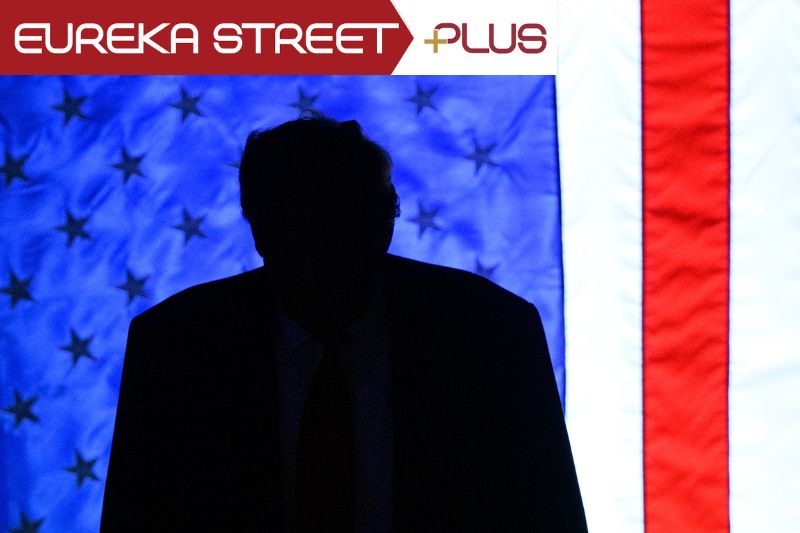
INTERNATIONAL
- Nirmal Ghosh
- 14 March 2025
Donald Trump’s return to the White House was the culmination of decades of economic decline, political disillusionment, and cultural fracture, forces the liberal elite ignored at their peril. As Trump reshapes America’s role in the world, his rise reveals hard truths about democracy, populism, and power in the 21st century.
READ MORE 
-

AUSTRALIA
- Andrew Hamilton
- 13 March 2025
What feels like turbulence in the present often reveals itself, in hindsight, as the rupture of an era. From the fall of Rome to the upheavals of today, are we witnessing mere disruption, or the twilight of an old order?
READ MORE
-

INTERNATIONAL
- Andrew Hamilton
- 26 February 2025
Amid debates over inclusion, dignity, and the rule of law, how do entrenched power structures shape our futures, and can renewed commitment to cooperation mend a divided society?
READ MORE
-
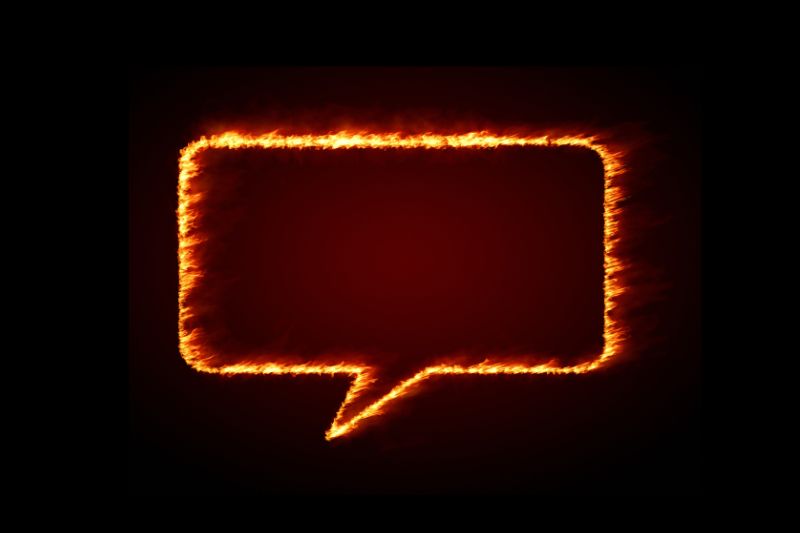
INTERNATIONAL
- Andrew Hamilton
- 19 February 2025
The shockwaves of the Hamas attack on Israel and the Israeli military’s response in Gaza have ignited protests, inflamed divisions, and prompted a reckoning with rising antisemitism. As hostilities pause, how should societies distinguish between legitimate criticism and rhetoric that fuels hate?
READ MORE
-

RELIGION
- Michael McVeigh
- 12 February 2025
Vice President JD Vance’s defense of Trump’s executive orders has ignited a theological debate on "ordo amoris"—the order of love. Critics argue that reducing love to a hierarchical formula distorts Catholic social teaching. But is the influence of big tech reshaping both religious thought and our global priorities?
READ MORE
-
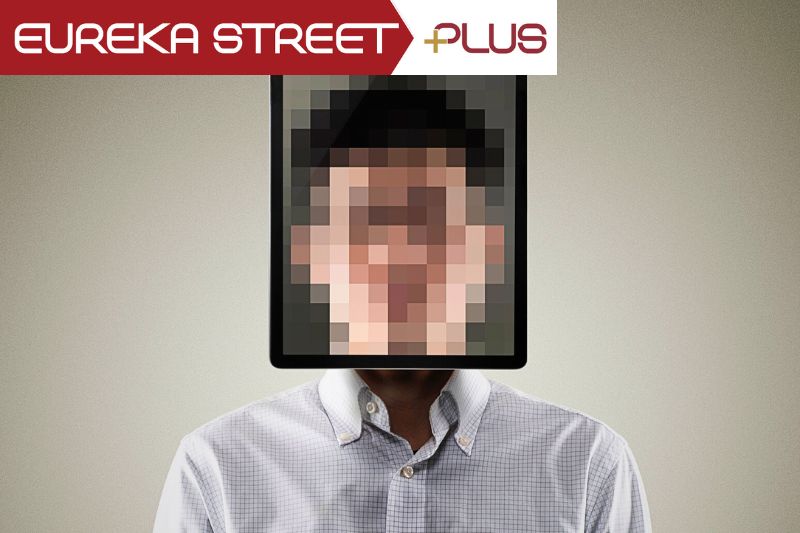
INTERNATIONAL
- Nirmal Ghosh
- 07 February 2025
Amongst hardening borders and rising ethnonationalism globally, those who resist rigid identity labels find themselves caught between worlds — too foreign for home, too foreign for here. If identity is both fluid and contested, can belonging ever be more than a temporary state?
READ MORE 